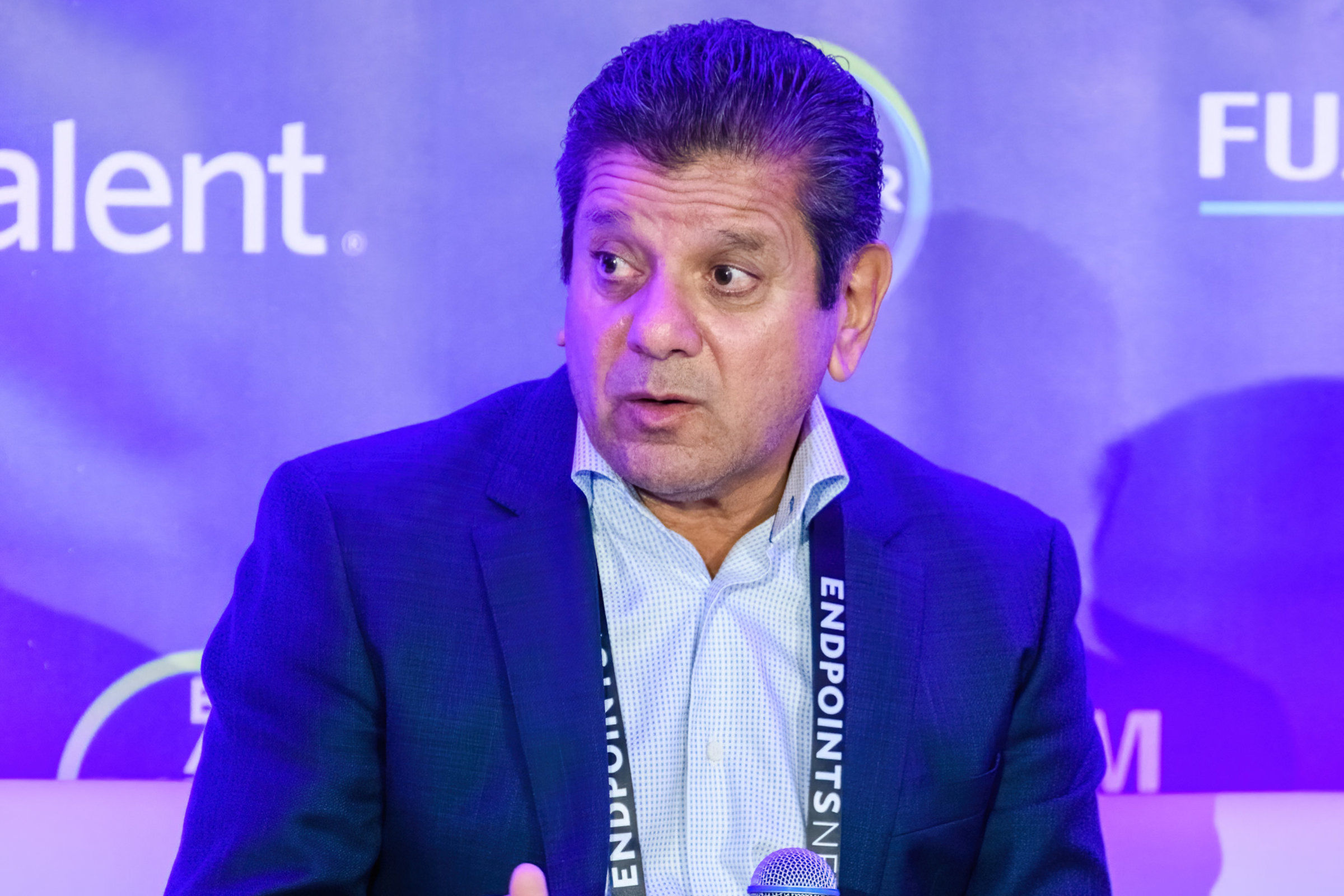
Gossamer Bio CEO Faheem Hasnain at BIO22 (J.T. MacMillan Photography)

Sign up for free to read a limited number of articles each month.
About YouPick what newsletters get delivered to your inbox each week.
Want unlimited access? Sign up for a premium subscription plan.